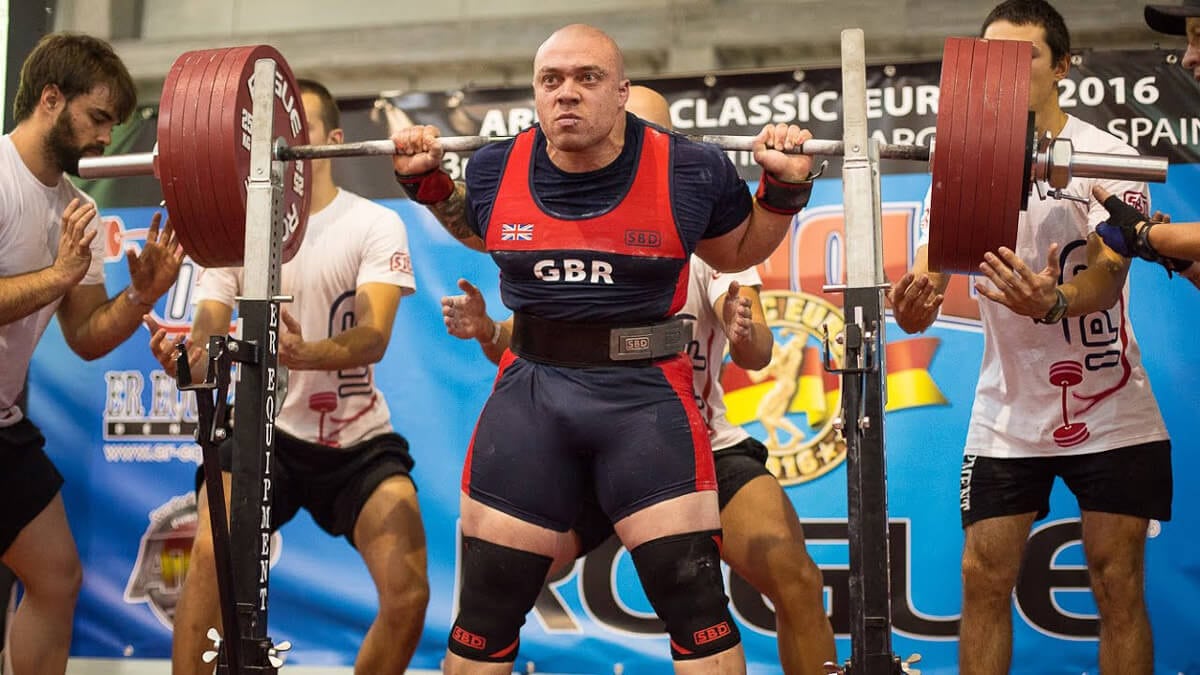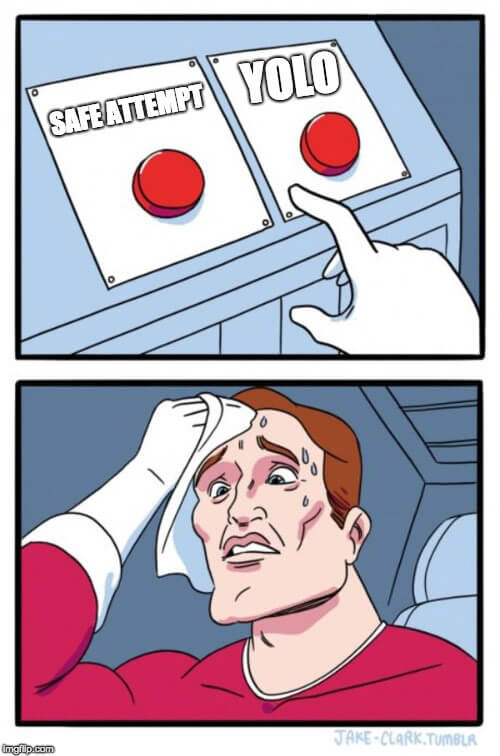Your first powerlifting meet
So you’ve been training for a little while, maybe a year or two, and have decided to try out a powerlifting competition. Awesome! Here are some of the basics to help get you through your first meet with as few headaches and as much fun as possible.
First of all, you have two (main) choices for where to compete. ‘Sanctioned’ competitions are those that are held by powerlifting federations, and allow you to set national records (among other things). ‘Unsanctioned’ competitions are, basically, every other competition – gym comps, novice comps, etc. For the purposes of this article, we will refer to these purely as novice powerlifting competitions.
In Australia, the two main powerlifting federations are GPC (non drug tested) and the IPF (drug tested, was Powerlifting Australia now the APU). There are slightly different rules and equipment between the two federations, although the biggest difference up front compared to novice competitions is cost. To compete in a sanctioned meet, you must be a member of that federation. Your competition entry fee is on top of your annual membership. You must also compete in a lifting singlet, or borrow one.

(Lifting singlet, bulge and huge squat not included)
You can find more info about GPC Australia here: http://www.gpcaustralia.com/
You can find more info about the APU (IPF affiliate) here: http://www.powerlifting-apu.com/
You can find more info about Powerlifting Australia here: https://powerliftingaustralia.com/
By contrast, novice competitions allow anyone to enter – you just have to pay the entry fee for the meet. As a general rule, you can lift in whatever clothing you want (so no extra dollars on new equipment). The downside to novice competitions is basically the quality of the meet – you could get a super professional, well run experience (such as the powerlifting comps we run at Black Flag Barbell Club 😉 or you could get a bit of a shitshow.
Alright so, you’ve decided on a competition and now you need to plan for it.
Training:
If you don’t already, it’s recommended that you follow a training plan that aims to ‘peak’ you for the meet. There are plenty of free choices available on the interwebs – Sheiko, RTS, TSA intermediate program, Calgary Barbells’ programs, etc.
If it doesn’t exactly fit the time you have, keep it simple – drop a week or two / duplicate a week or two. Don’t do random max tests before the competition – you are training to perform on a specific day. Gym lifts don’t count on the platform.
Make sure you practice the competition commands for the squat, bench and deadlift. These are the commands that the head referee gives you during your attempts. If you miss a command, you will be red lighted and the lift will likely not count (even if you completed it successfully). We see MANY lifters new to competing get reds for a ‘good’ lift that didn’t wait for the commands.
Weight class / making weight:
Forget about it. Don’t do a water cut, don’t diet down into the competition. Your first competition is not about seeing how close to death you can get while maintaining your total. Seriously – forget about your weight. Come into the competition well fed and strong.

(This is not how you should come into weigh ins)
Attempt selection:
Your goal should be to go ‘nine for nine’ or to make all your attempts. You get three attempts in the squat, bench and deadlift respectively, thus the saying. Your opener, or first attempt, should be something you can make comfortably even on a bad day – we usually set this weight at something you could do for a triple.
Second and third attempts, if you have a coach/handler, should be left up to them (assuming they are not an idiot). For a more concrete (but general) answer: First attempt 92-95% / Second attempt 97 – 100% / Third attempt 102 – 105% of your previous 1RM. Remember, the goal is to go 9/9 – be smart.
On the day:
Pack your bag the night before, write a list so you don’t forget anything. Make sure you bring your own food/drink – some comps take literally a whole day, you don’t want some random food truck burrito pounding on your sphincter right before deadlifts.
Get to the competition early so you can get the lay of the land as well as get your admin stuff out of the way. Weigh in, fill in your first attempts and rack height information. You will not necessarily be told which flight you are in, so it’s up to you or your coach to know when to warm up – don’t rely on an announcement.
Keep an eye on the flights and the time it takes the spotters/loaders to run through attempts – if they’re moving quickly, it means you will have less rest between lifts (and vice versa). How long will the breaks be between events (squat and bench, and bench and deadlift)? You / your coach should know this to properly time warmups and food/drink.
If it helps you relax your mind grapes, have a plan in place for warmups – what weight, how many reps, etc. We like to give our lifters ~10min between their last warmup and their first attempt. You should also have a plan in place for attempts – good day and bad day options.

I hope this summary has been helpful. Don’t take things too seriously, have fun, and remember it’s your first meet – if it doesn’t go 100% to plan, that’s valuable experience for the next time you step on the powerlifting platform.
Have a question about powerlifting competition that we didn’t answer? Looking for someone to help you prepare for your first meet? Come and see us at Black Flag.
#byliftersforlifters
